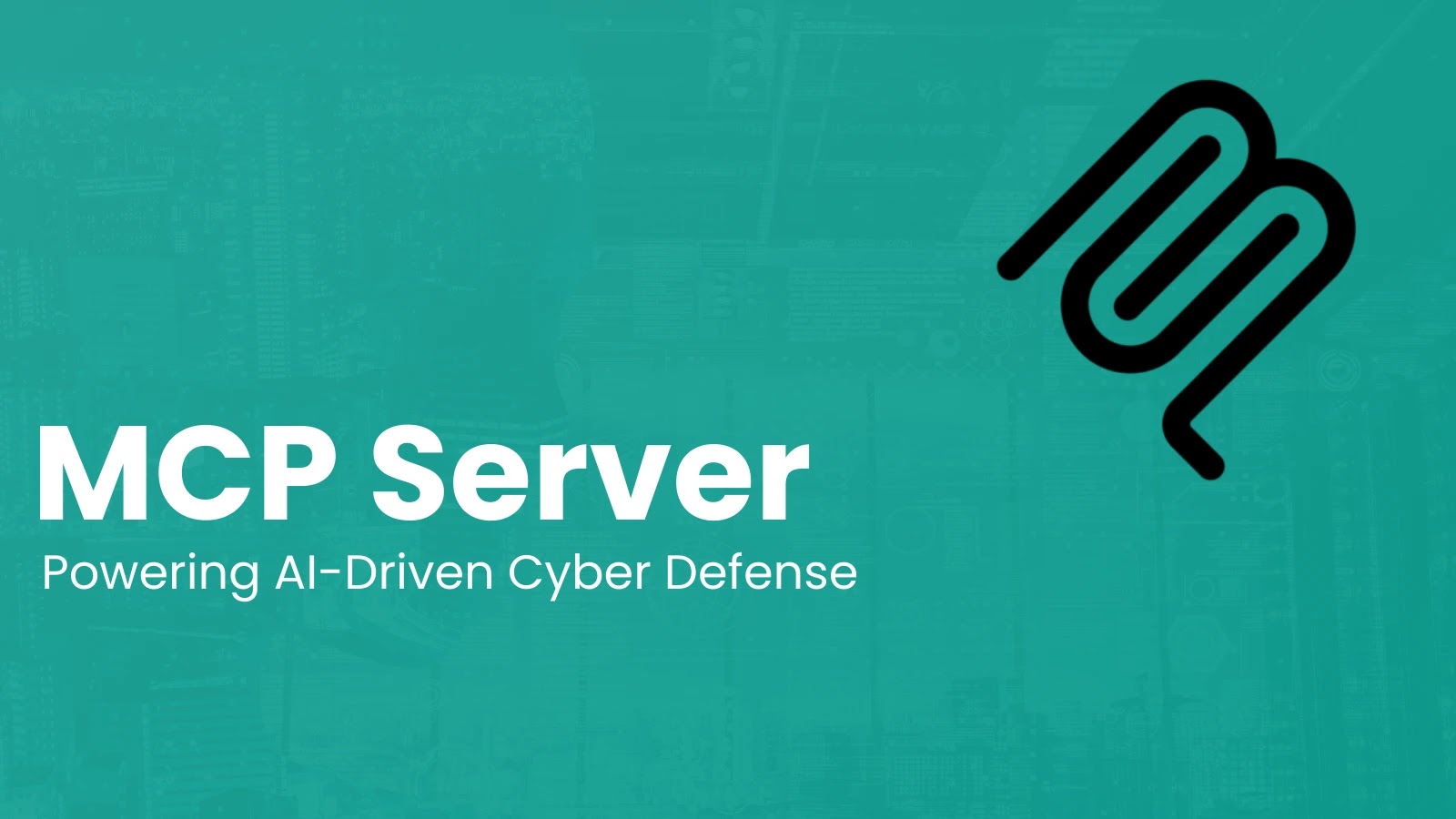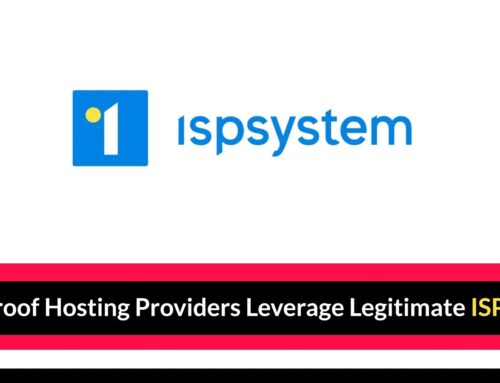
What is MCP Server – How it is Powering AI-Driven Cyber Defense
The landscape of cyber threats is rapidly transforming, with adversaries increasingly leveraging sophisticated AI capabilities to launch more potent and evasive attacks. In this escalating arms race, organizations require equally advanced defenses. Enter the MCP Server, or Model Control Plane Server – a critical, centralized platform designed to orchestrate, manage, and secure the vast ecosystem of AI models that underpin modern cyber defense strategies.
Far beyond simple model deployment, an MCP Server enables enterprises to harness the full potential of their artificial intelligence and machine learning investments, integrating these powerful tools into a cohesive and resilient security posture. This article delves into what an MCP Server is, its core functionality, and how it is becoming an indispensable component in the fight against AI-driven cybercrime.
What is an MCP Server?
An MCP Server, or Model Control Plane Server, functions as a unified hub for the entire lifecycle of AI and machine learning models within an organization. It’s not just about storing models; it’s about providing a robust framework for their integration, deployment, management, and continuous monitoring across diverse IT infrastructures. In essence, it brings order and control to the often complex and distributed world of AI model operations.
This centralized control is paramount, especially when models are being used for critical security operations such as anomaly detection, threat intelligence correlation, or automated incident response. Without a dedicated control plane, managing numerous models, each with different versions, dependencies, and performance metrics, becomes an immense challenge, potentially introducing vulnerabilities or inefficiencies that attackers can exploit.
Core Functionalities of an MCP Server
To effectively power AI-driven cyber defense, an MCP Server offers several key functionalities:
- Model Orchestration: It manages the deployment, scaling, and distribution of AI models to various endpoints and systems, ensuring they are available where and when needed for real-time analysis.
- Version Control and Management: Critical for tracking changes, reverting to previous versions, and ensuring consistency across deployed models. This is vital for auditing and maintaining the integrity of security algorithms.
- Real-time Monitoring and Performance Tracking: Continuously monitors model performance, detecting degradation, drift, or any anomalies that could indicate a compromised model or a changing threat landscape. Performance metrics ensure models are providing accurate and timely insights.
- Security and Access Control: Implements robust access controls, authentication, and authorization mechanisms to protect sensitive AI models from unauthorized access, tampering, or exfiltration. It ensures that only authorized personnel and systems can interact with the models.
- Integration Capabilities: Provides APIs and connectors to seamlessly integrate AI models with existing security tools, SIEM systems, SOAR platforms, and enterprise data sources, enabling a unified threat detection and response ecosystem.
- Lifecycle Management: Manages the entire lifecycle of a model from development and training to deployment, monitoring, retraining, and eventual deprecation. This ensures models remain relevant and effective against evolving threats.
How MCP Servers Power AI-Driven Cyber Defense
The strategic value of an MCP Server in cybersecurity cannot be overstated. By centralizing the management of AI models, it directly contributes to more effective and proactive defense mechanisms:
- Enhanced Threat Detection: Ensures that the latest, most effective AI models for anomaly detection, malware analysis, and behavioral analytics are always operational and optimized. This leads to faster and more accurate identification of sophisticated threats, including zero-day exploits and polymorphic malware.
- Faster Incident Response: With streamlined model deployment and performance, security teams can leverage AI models for rapid data analysis, correlating disparate threat indicators, and automating response actions. This significantly reduces mean time to detect (MTTD) and mean time to respond (MTTR).
- Adaptive Security Posture: The ability to easily update and retrain models through the MCP Server allows organizations to quickly adapt their defenses to new attack vectors and evolving threat intelligence, turning a reactive security strategy into a proactive one.
- Model Integrity and Trust: By providing secure, managed environments for AI models, MCP Servers help prevent model poisoning or adversarial attacks that could compromise the integrity and reliability of AI-driven security tools. This ensures that the AI’s output can be trusted in critical security decisions.
- Scalability and Efficiency: Managing a growing number of AI models manually is unsustainable. An MCP Server automates many processes, allowing organizations to scale their AI defense capabilities efficiently without a proportional increase in operational overhead.
Integration and Usage Considerations
Implementing an MCP Server effectively requires careful consideration of several factors:
- Data Governance: Ensuring that data used for training and inference is secure, compliant, and properly governed is paramount, especially when handling sensitive security data.
- Scalability Requirements: The MCP Server infrastructure must be able to scale horizontally and vertically to accommodate a growing number of models and increased data processing demands.
- Interoperability: Seamless integration with existing security tools and IT infrastructure is crucial for maximizing the value of the MCP Server. APIs should be well-documented and robust.
- Monitoring and Alerting: Establish comprehensive monitoring for the MCP Server itself, as well as for the models it manages. Critical alerts should be configured to notify security teams of any performance degradation, security incidents, or configuration issues.
- Skillset Development: Organizations need teams with expertise in both AI/ML operations and cybersecurity to effectively manage and leverage an MCP Server.
Conclusion
The escalation of AI in cyber warfare necessitates equally intelligent and agile defense mechanisms. The MCP Server stands as a foundational element in building such defenses, providing the necessary control plane to manage, secure, and optimize the AI models that form the bedrock of modern cybersecurity. By centralizing model orchestration, ensuring data integrity, and enabling rapid adaptation to new threats, MCP Servers empower organizations to navigate the complex cybersecurity landscape with greater confidence and resilience. Investing in a robust MCP Server strategy is no longer a luxury; it’s a strategic imperative for any organization committed to strong, AI-powered cyber defense.





